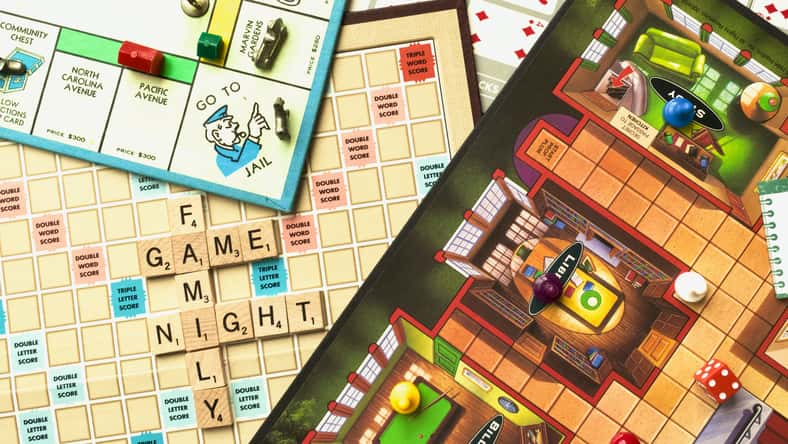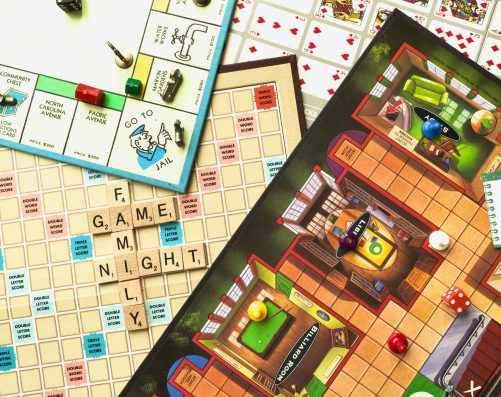Board Games Are Popular With Autistic People, And Researchers Have Uncovered Why

Among people with autism, playing board games is a particularly popular pastime—and it’s no coincidence why.
Researchers from the University of Plymouth in the United Kingdom have been studying this link and the reasons behind it.
The new research could help enhance support programs and activities for social enrichment for those with autistic traits.
According to the World Health Organization, autism spectrum disorder is a neurological and developmental disorder that is characterized by deficits in social communication.
It affects about one in 100 children all over the world. Experts have observed that playing board games tends to be an activity of interest among people with autism.
“We know that board games are a safe and valuable hobby to many people with autism,” said Gray Atherton, a co-author of the study and lecturer of psychology at the University of Plymouth.
“What this research established was why that’s the case, and we really want to use the findings to conduct future work.”
The team of researchers surveyed 1,600 board gamers from around the globe and discovered that approximately seven percent of them were diagnosed as autistic.
Compared to the general population, where just one percent of people have autism, the individuals in the study are overrepresented in the hobby. In addition, 30 percent of the surveyed individuals showed high levels of autistic traits.

EWY Media – stock.adobe.com – illustrative purposes only
The team also interviewed 13 of the survey participants who had received an autism diagnosis about their experiences with board games and how the hobby made them feel.
They uncovered four main themes among the participants, including escapism and passions, systemizing, difficulties with deception, and using board games as a social lubricant.
Then, the researchers gathered a group of 28 people with autism who had not tried playing board games before.
After spending an afternoon engaging in the activity, they asked the group about their experience. Finally, the team analyzed the effects of weekly board gaming sessions that were held for two years in adolescents and adults with autism.
Although board games were found to be challenging, they also encouraged growth. Overall, participants reported feeling a sense of community and independence.
They felt they were able to learn new skills and had an alternative way of building social relationships.
“The findings as a whole aren’t a shock, but what is surprising is the lack of evidence underpinning board game use as an intervention for people with autism,” Atherton said.
“Hearing the feedback from the study participants was really motivating to try and push this forward in different settings.”
The researchers hope that board games can be used to improve the well-being of autistic individuals and that they become more accessible to this community.
The study was published in the Journal of Autism and Developmental Disorders.
Sign up for Chip Chick’s newsletter and get stories like this delivered to your inbox.
More About:Science